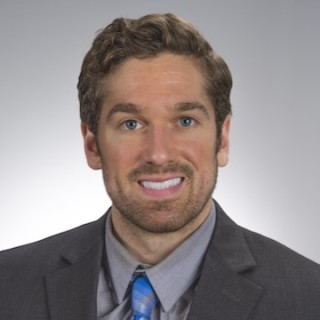
Medical schools across the country pride themselves on training physicians who will embody the concept of the “triple threat,” i.e., a physician who is capable of thriving in clinical practice, medical education, and research endeavors—with equal vigor. Medical schools are emphasizing a problem-based learning (PBL) model, wherein medical students will develop not only the relevant knowledge to be effective clinicians but will improve upon their skills as educators. PBL programs allow medical students to teach and learn from each other, and they have been shown to be impressively effective.
Currently, clinical skills and teaching ability are topics of intentional focus during medical school. But the last component of the triple threat—research—is left to the individual student’s initiative. Attending physicians do offer varying degrees of guidance, depending on their time constraints, and resident co-researchers must contend with extraordinarily busy schedules. Ultimately, medical students are usually left to fend for themselves.
The lack of dedicated attention to the research aspect of medical school is not surprising. Many medical students claim vehemently to hate research: “I came to medical school to work with patients, not to be a researcher.”
As a junior medical student, I subscribed to this mindset. I loved working with patients and providers in the clinical setting. When I became involved with a research project and spent countless hours by myself performing chart reviews, my distaste for research persisted. I would tell myself: I went into medicine for the people, not the research.
But things changed when I began the “discovery” phase—a five-month, dedicated research block—of medical school. I was inspired by working very closely with several attendings whose collaborative approach to research forged relationships and made the process fun. In working very closely with a fellow classmate, Kevin Farley, we quickly realized that bouncing ideas off one another, instead of taking them directly to the attendings, was a far more efficient model. We could troubleshoot and tweak our approach, and utilize our specific strengths to the advantage of the whole team. Our limited time with extremely busy surgical attendings became more productive, as we could present only the questions that we had already thought through and attempted to answer ourselves, rather than the questions that truly required team effort.
Soon, we began to add other medical students to our team, and create networks of students working on various projects. We would try to not only foster interest in the projects, but to pair students up with residents for shadowing opportunities, fostering their interest in our field. We would answer questions on fourth year scheduling and interview, away rotation, and board exam preparation. In expanding the network outside of my school and engaging in cross-institutional research projects, I was able to share experiences with medical students in other geographical regions. In many ways, the research period I was dreading became one of the most invigorating phases of medical school. I made friends who will one day become my colleagues. I was mentored by inspiring people, and I hope I was able to pass on some of my passion to the students I was working with.
The collaborative approach to medical student research makes sense. M4s with more research experience can devote more attention to M1, M2, and M3 researchers than busy attendings ever could. The resulting mentor-mentee relationship that develops amongst students can be extremely beneficial for all parties involved. Most importantly, the establishment of an attending-M4-M3-M2-M1 linkage constitutes a direct avenue for development of teamwork skills. In today’s world, where solo practitioners rarely operate independently, such skills become invaluable.
I am extremely grateful to my institution for allowing dedicated time for research. My utmost gratitude, however, goes out to the specific attendings who took me under their wings and mentored me. Additionally, I am indebted to M1, M2, and M3 student researchers who inspired me with their passion, and from whom I have learned a great deal. I look forward to continuing to work within the research team, and I am invigorated by today’s emphasis on collaborative efforts on the floors, in the operating room, and in research.
Image: Imagezoo / gettyimages
Albert Anastasio, BA is a medical student at Emory University School of Medicine and is currently applying to residency programs in Orthopedic Surgery. He does not have any conflicts of interest.







